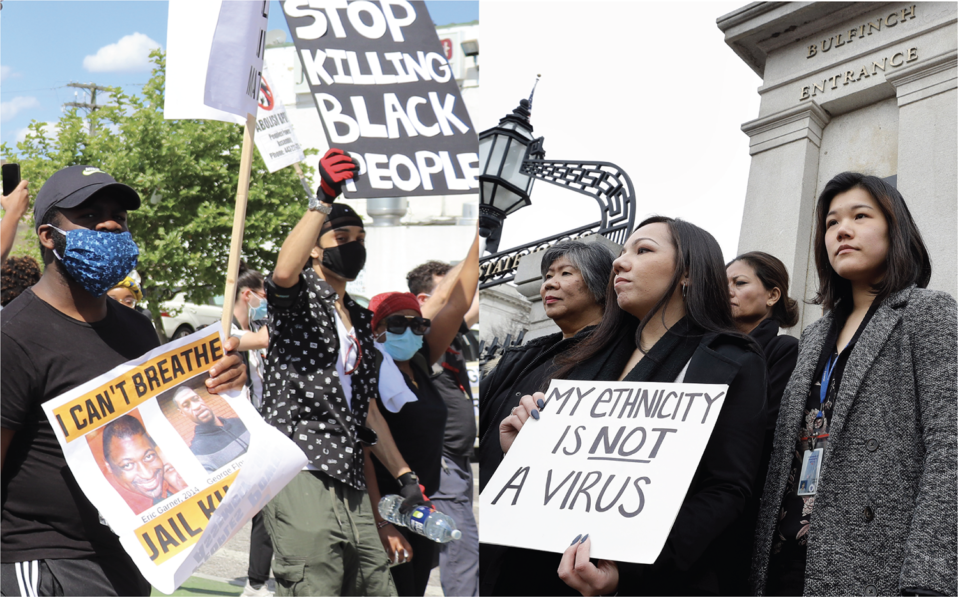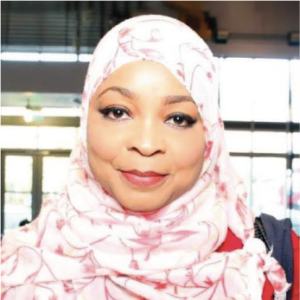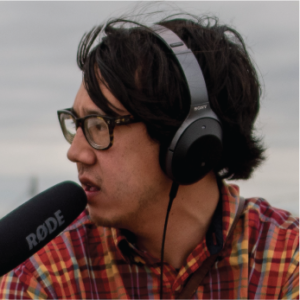4 p.m. EDT Friday, Sept. 11, 2020
Solidarity Town Hall: The Blame Game
Free with RSVP; $5 suggested donation
AANM and ACCESS’ Campaign to TAKE ON HATE cordially invite you to join us for our annual Solidarity Town Hall program (formally known as the 9/11 Town Hall), featuring panelists: Scholar and assistant professor in the Department of American Culture at the University of Michigan, Melissa Borja, executive director and co-founder of MuslimARC Margari Hill, community organizer Meejin Richart and musician and scholar Julian Saporiti. This is a virtual event taking place virtually via Zoom.
It comes as no surprise that when the world around us seems to be out of control, people tend to get defensive and point fingers at others, assigning blame in order to reason with reality. Playing the “blame game” at both individual and systemic levels quickly leads to harmful stereotypes and more harmful, even violent, behavior. As the COVID-19 pandemic continues to seep into every aspect of our lives, Asian Americans have faced hate crimes, racial bigotry and harassment locally and nationally, and accused of spreading what the U.S. administration has dubbed the “Chinese virus.” The Black community, too, has also been blamed for the spread of COVID-19 as they continue to lead public protests against police brutality and state-sanctioned violence across the country in response to the murders of George Floyd and Breonna Taylor. As such, this year, with many in the country confronted with xenophobia and as uprisings continue, our virtual town hall will ask who—or what—is really to blame?
Panelists:
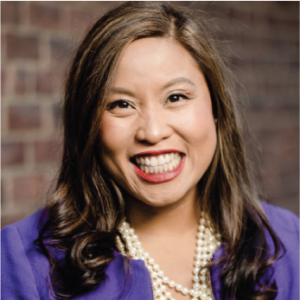
Melissa Borja is Assistant Professor of American Culture at the University of Michigan, where she is a core faculty member in the Asian/Pacific Islander American Studies Program. She researches migration, religion, politics, pluralism, and race in the United States and the Pacific World, with special attention to how religious beliefs and practices have developed in the context of the modern American state. Born and raised in Saginaw, Michigan, she is particularly committed to improving understanding of Asian American experiences in the Midwest. This year she is a fellow at the Charles Warren Center at Harvard, where she is finishing her book manuscript, Follow the New Way: Hmong Refugee Resettlement and the Practice of American Religious Pluralism (under contract, Harvard University Press), which explores the religious dimensions of American refugee care. She is also an affiliated researcher with the Stop AAPI Hate Reporting Center, which tracks coronavirus-related hate incidents targeting Asian Americans and Pacific Islanders. She earned a Ph.D. in History from Columbia University, an M.A. from the University of Chicago, and an A.B. from Harvard University
Margari Hill is the co-founder and Executive Director of Muslim Anti-Racism Collaborative (MuslimARC) and co-founding co-director of the Black Muslim COVID Coalition. She is also a freelance writer published in How We Fight White Supremacy (2018) Time, Huffington Post and Al Jazeera English. She has six years full-time experience working full-time in community organizations and over 15 years as an educator in various capacities including instructor, curriculum design, school policy, teacher training, and online learning. She earned her bachelor’s degree in History from Santa Clara University in 2003 and a master’s in History of the Middle East and Islamic Africa from Stanford University in 2006. Her research includes transformations in Islamic education, colonial surveillance in Northern Nigeria, anti-colonial resistance among West Africans in Sudan during the early 20th century, interethnic relations in Muslim communities, and the criminalization of Black Muslims. She is on the Advisory Council of Islam, Social Justice & Interreligious Engagement Program at the Union Theological Seminary and winner of MPAC’s 2015 Change Maker Award, 2016, Big Heart Award in 2017, and Khadija bint Khuwaylid Relief Foundation Lifetime Humanitarian award in 2019. She has given talks and lectures in various universities and community centers throughout the country.
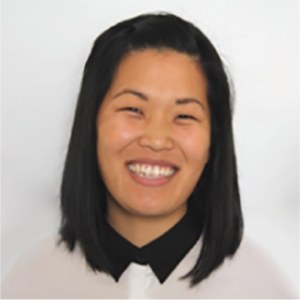
Meejin Seol Richart is a queer Korean femme adoptee, community organizer, trainer and event planner. She is the owner of Heart and Seol Events and Consulting, and has facilitated trainings on community safety, Know Your Rights, Cop Watch, and Black and Asian solidarity since 2012 in New York City. She is a member of Nodutdol for Korean Community Development, and coordinator of the Black and Asian Response to Violence Coalition which formed in response to the outbreak of anti-Asian and xenophobic violence during the height of the COVID 19 pandemic in New York City.
Julian Saporiti is Vietnamese-American musician and scholar. He has recorded two albums full of songs illuminating Asian American histories for his project No-No Boy. This project, named after John Okada’s 1957 novel, began as part of Saporiti’s PhD work at Brown University in which he worked extensively with historical archives and collected oral histories in order to inform his understanding of a history he never learned growing up. This information turned into songs which has allowed the musician to bring his research to a broader audience and through music and storytelling, engage diverse audiences on topics such as refugees, immigration and race. No-No Boy has brought songs, stories and films of Asian American and other immigrant and refugee experiences to diverse audiences from Lincoln Center to refugee shelters and schools on the Mexcian border. Through their hybrid scholarship and art residencies No-No Boy teaches workshops which encourage the audience to replicate a method of using scholarship to create art and inform activism. In the fall of 2020, No-No Boy will embark on a full national tour to promote their latest album 1975 released on Smithsonian Folkways.
In partnership with
![]()
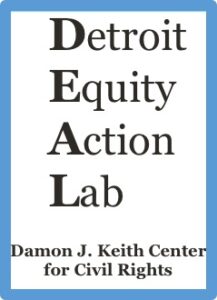
Made possible in part by
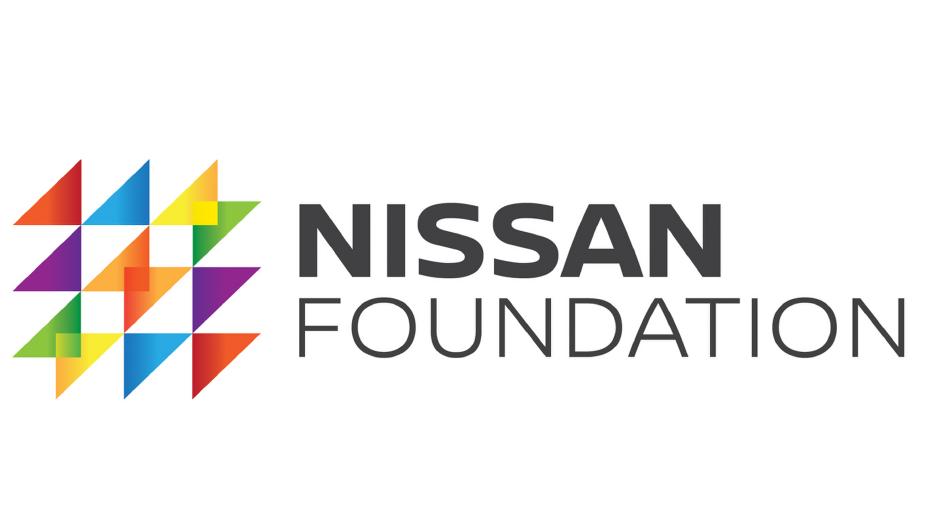
Due to the pandemic, we have been closed to the public since March 13. Closed doors mean that our earned revenue streams have dried up, and corporate funds have been pivoted to assist with COVID-19 relief or for their own financial survival. We are looking forward to the day we can safely reopen, but until then, we need your support.

